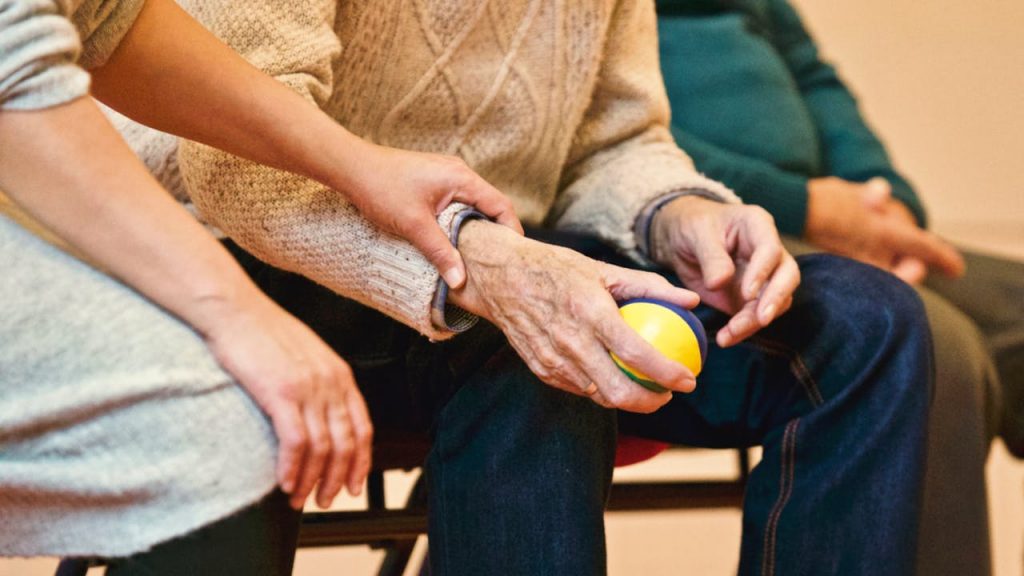- Create a supportive environment ensuring physical comfort and a peaceful atmosphere for your terminally ill loved one.
- Manage pain and symptoms effectively through medications, alternative therapies, and regular consultations with healthcare providers.
- Provide emotional support by actively listening, acknowledging feelings, and utilizing counseling and support groups.
- Address practical needs like medical care coordination and legal and financial planning to reduce stress.
- Care for yourself as a caregiver through self-care practices and seeking support from others to avoid burnout.
Taking care of a terminally ill person is one of the most challenging and emotionally taxing experiences one can face. It involves a delicate balance of providing physical comfort and emotional support and managing practical aspects of end-of-life care. Whether you’re navigating this journey for the first time or seeking to improve the care you provide, understanding the best approaches can make a significant difference. This article outlines the best ways to care for a terminally ill loved one, focusing on creating a supportive environment, managing pain and symptoms, offering emotional support, addressing practical needs, and caring for yourself as a caregiver.
Creating a Supportive Environment
Creating a supportive environment is crucial for the well-being of a terminally ill loved one. It involves ensuring physical comfort and a peaceful atmosphere.
Physical Comfort
Ensuring physical comfort is a primary concern. This includes managing the patient’s bedding, room temperature, and positioning to avoid bedsores. Special mattresses and pillows can help alleviate discomfort, and regular repositioning can prevent pressure ulcers.
Peaceful Atmosphere
A peaceful atmosphere can significantly enhance the quality of life. This might involve playing soft music, ensuring natural light during the day, and maintaining a quiet and calm environment. Personal touches, such as photographs, can also provide comfort and a sense of familiarity.
Managing Pain and Symptoms
Effective pain and symptom management are critical in providing in home care for a terminally ill loved one. This can drastically improve their quality of life and reduce distress.
Pain Management
Pain management often requires a combination of medications and alternative therapies. Regular consultation with healthcare providers can ensure the pain is adequately controlled. Opioids, non-opioid medications, and complementary therapies like acupuncture or massage can be beneficial.
Symptom Control
Aside from pain, other symptoms, such as nausea, breathlessness, and fatigue, need to be managed. Anti-nausea medications, breathing exercises, and energy-conservation techniques can help manage these symptoms. Keeping a symptom diary can aid healthcare providers in tailoring treatments to the patient’s needs.
Offering Emotional Support
Emotional support is as important as physical care. Terminally ill patients often experience a range of emotions, including fear, anger, and sadness.
Active Listening
One of the best ways to provide emotional support is through active listening. This means giving your full attention, acknowledging feelings without judgment, and allowing your loved one to express their emotions. It can be comforting for them to know they are heard and understood.
Counseling and Support Groups
Professional counseling and support groups can be incredibly beneficial. Therapists specializing in palliative care can offer coping strategies, while support groups provide a sense of community and shared experience. These resources can help patients and their families navigate the emotional landscape of terminal illness.
Addressing Practical Needs
Managing the practical aspects of care is essential for the well-being of both the patient and the caregiver. This includes organizing medical care, handling legal matters, and ensuring day-to-day needs are met.
Medical Care Coordination
Coordinating medical care involves scheduling and managing appointments, medications, and treatments. Creating a detailed care plan in collaboration with healthcare providers can ensure that all medical needs are addressed promptly and efficiently.

Legal and Financial Planning
Legal and financial planning is crucial to avoid unnecessary stress and ensure the patient’s wishes are respected. This may involve setting up advance directives, managing insurance matters, and organizing estate planning. Consulting with legal and financial advisors can provide clarity and peace of mind.

Caring for the Caregiver
Taking care of a terminally ill loved one can be exhausting physically and emotionally. It is vital for caregivers to take care of themselves to maintain their health and well-being.
Self-Care Practices
Self-care practices such as regular exercise, adequate rest, and hobbies can help caregivers maintain their physical and mental health. Even short breaks to relax or enjoy a favorite activity can be rejuvenating.
Seeking Support
Caregivers should not hesitate to seek support from friends, family, or professional respite services. Sharing responsibilities can prevent burnout and ensure the caregiver remains capable of providing high-quality care.
Caring for a terminally ill loved one is a profound responsibility that requires compassion, patience, and dedication. By creating a supportive environment, managing pain and symptoms, offering emotional support, addressing practical needs, and taking care of themselves, caregivers can significantly enhance the quality of life for their loved ones. Remember, professional care can provide the comfort and familiarity of home, which can be invaluable during such a challenging time. It is essential to reach out for help when needed and to embrace the support offered by healthcare professionals, family, and friends. This journey, while difficult, can also be an opportunity to create meaningful and cherished moments with your loved one.

